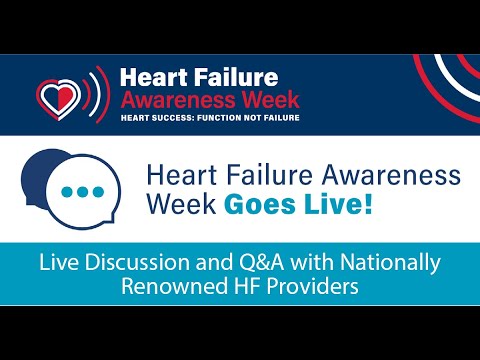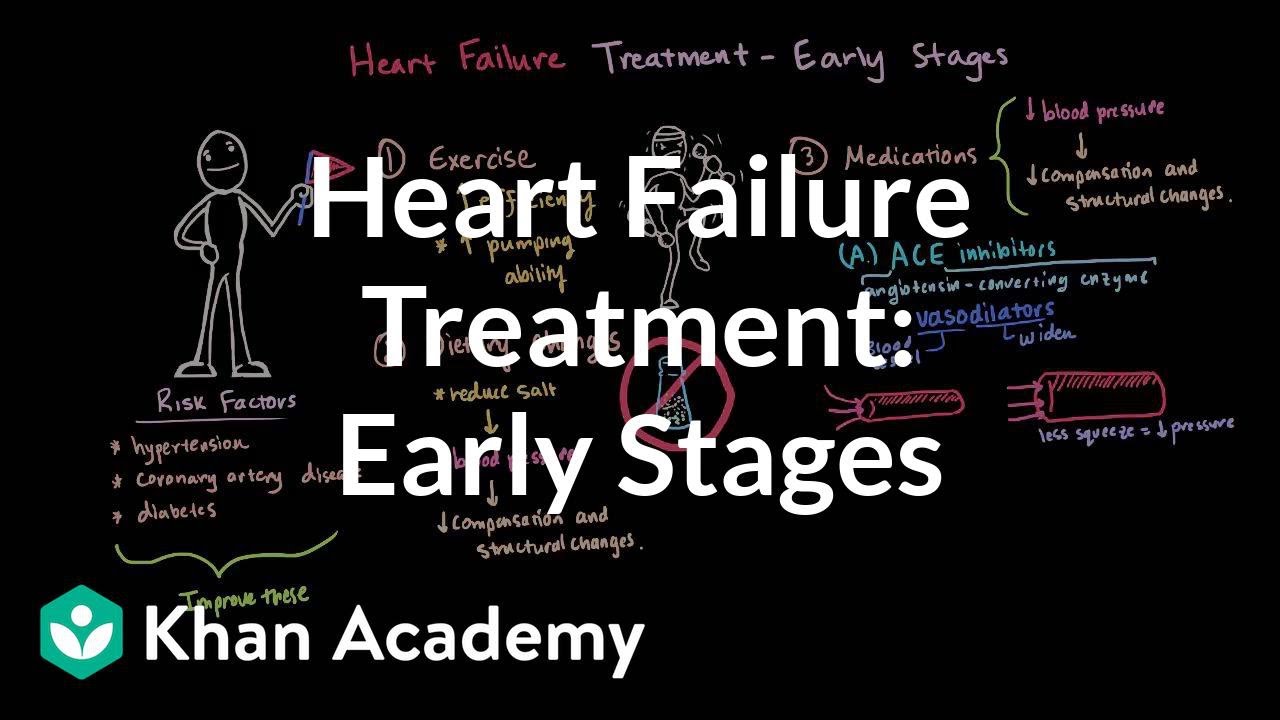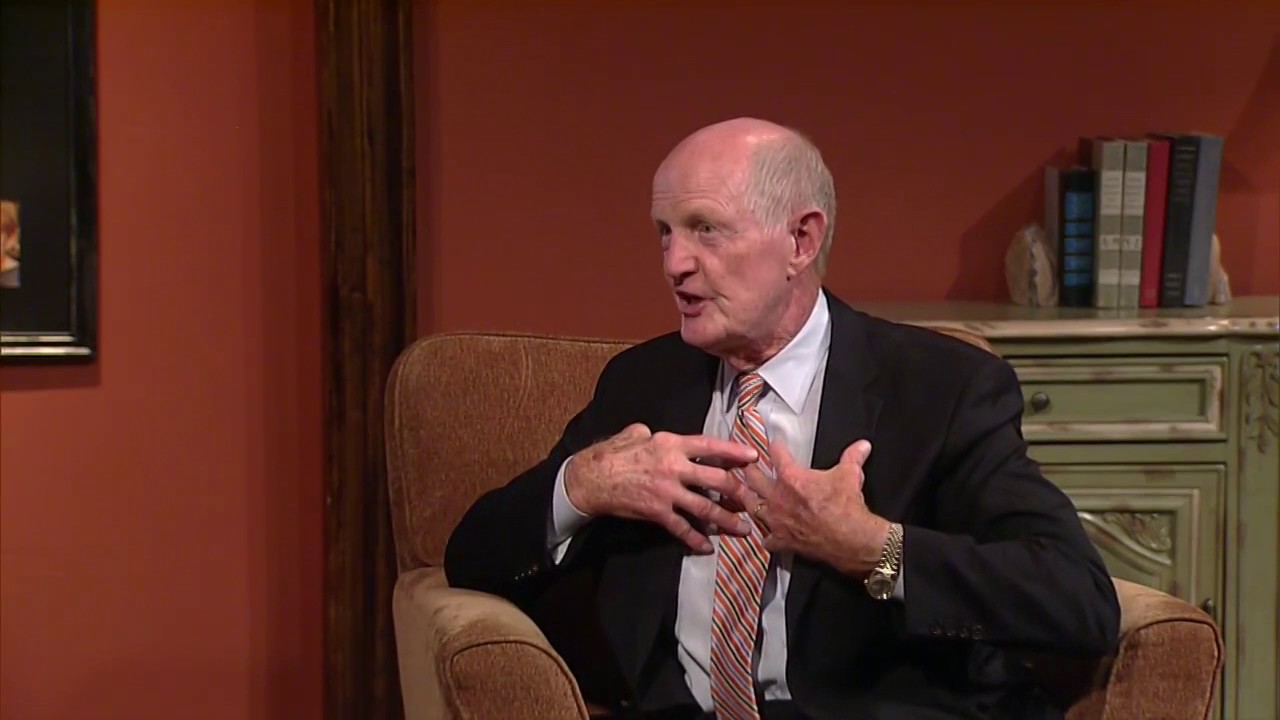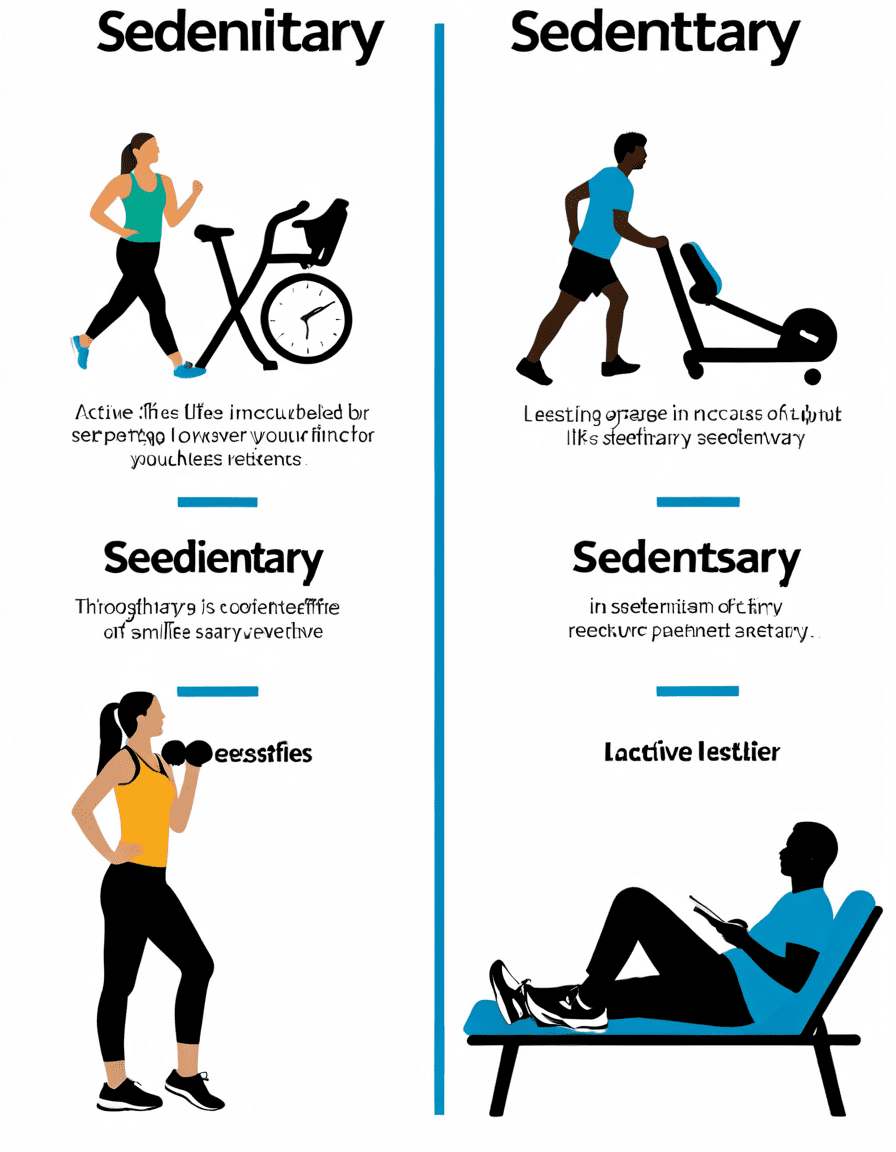Understanding heart failure stages is vital for everyone, especially if you want to lead a healthier, more vibrant life. You’ll discover that the stages of heart failure affect your day-to-day choices, impacting everything from your workout routines to your meals. In this article, we’ll take a deep dive into the heart failure stages, connect them with various health conditions, and inspire you to make meaningful changes.

The 4 Stages of Heart Failure and Their Impact on Life Choices
Stage A: At Risk for Heart Failure
This stage is where it all begins. Individuals with risk factors such as hypertension or diabetes are warned that they could end up facing heart failure. Awareness at this stage is crucial because it opens the door to preventive measures that can alter your path. For example, if you have thyroid issues—especially thyroid cancer symptoms—monitoring your heart health closely is a necessity. Remember, untreated thyroid problems can make heart conditions worse, so it’s paramount to keep an eye on both.
Kickstart your journey by adopting a solid fitness routine and reassessing your nutritional choices. The focus here is on prevention. Think of your heart as an engine; without the right fuel, it won’t run smoothly. A solid fitness regime combined with regular check-ups can set the stage for a stronger, healthier future.
Stage B: Asymptomatic Heart Failure
Welcome to Stage B, where things can feel a bit tricky. At this point, you might have structural heart issues due to past conditions, like a heart attack, but you’re not feeling any symptoms. This stage is the perfect opportunity for lifestyle changes. Embrace a Mediterranean diet to boost heart function. This has, in several studies, shown a positive relationship between diet and heart health, especially if cancer risks loom—think thyroid, skin, or even throat cancer.
Your focus should be on regular check-ups and lifestyle adjustments. Engage in activities you enjoy, whether that means hitting the gym or playing sports with friends. Don’t underestimate the power of a balanced diet combined with physical exercise; these choices can drastically enhance the quality of your life.
Stage C: Symptomatic Heart Failure
Alright, now we’re getting serious—Stage C is where symptoms like shortness of breath, fatigue, and fluid retention become evident. If you find yourself feeling wiped out after climbing stairs or going for a run, it’s time to reassess your fitness strategy. Pay attention! Awareness of potential brain cancer symptoms becomes essential now, as fatigue can mimic these issues.
Consider joining a structured program like the Cardiac Rehabilitation program offered at places like Johns Hopkins. It’s tailored to help you regain your strength and confidence. Small lifestyle modifications can lead to significant milestones; mix cardio with strength training for a dynamic routine that keeps your heart happy and healthy.
Stage D: Advanced Heart Failure
We’ve reached the toughest stage—Stage D. This is where you’ll face severe limitations on physical activity, and symptoms might persist even at rest. At this point, advanced treatments like continuous intravenous medications or heart transplants may be necessary. It’s like hitting a major roadblock that forces you to take your health seriously.
Be aware, the presence of severe symptoms can link to conditions such as throat cancer, which can interfere with nutrition and your overall well-being. It’s a wake-up call to focus on how your body interacts with ongoing health issues. Embrace this challenge head-on; your heart and overall health will thank you for it.

Recognizing Symptoms: How Heart Failure Interacts with Cancer Symptoms
Understanding how heart failure symptoms overlap with types of cancer is vital for maintaining your health. The fatigue associated with heart failure can sometimes be mistaken for brain tumor symptoms—so vigilance is key.
By being aware and informed, you can take charge of your health. Early detection is the best course of action.

Real Stories of Survival: The Impact of Early Detection in Heart and Cancer Conditions
Looking at stories of inspiration emphasizes the importance of awareness and early detection. Take Ben Stiller, for instance. The actor and producer bravely tackled prostate cancer after early detection, showcasing that regular screenings are a must, not just for cancer, but also for understanding heart failure stages.
Another powerful example is former football linebacker Tedy Bruschi, who made headlines after surviving a stroke caused by an undetected heart condition. His story advocates increased awareness for heart failure stages, especially among athletes.
These narratives highlight the significance of proactive health management. Understanding your risks and recognizing early symptoms can lead to life-saving interventions. You’ve got this!

Taking Charge of Your Health: The Path Forward
Navigating heart failure and its relationship with other health issues can feel overwhelming. But by understanding the heart failure stages, spotting overlapping symptoms with conditions like throat cancer or thyroid cancer, and learning from real-life experiences, you can take control.
This awareness shapes how you communicate with your healthcare provider, making your role in health management more informed and active. Adopt a mindset of wellness that combines regular check-ups, wholesome nutrition, and an understanding of how various health conditions interconnect. When you equip yourself with knowledge, you empower yourself to change your life dramatically.
Let’s instill a culture of awareness and continuous education to mitigate the impact of heart failure stages on our lives. Get shredded, gain tons of muscle, and look great with those ripped six-packs. Remember, knowledge is power, and it’s your best ally in health. Get out there and make it happen!

Heart Failure Stages: Intriguing Insights That Could Change Your Life
Understanding Heart Failure Stages
Did you know that heart failure isn’t just a single condition but a progression through distinct stages? These stages can drastically change how we approach heart health. From Stage A, where risk factors are present without symptoms, to Stage D, where advanced heart failure takes over, understanding these stages is crucial. If you think navigating heart health is tricky, try dealing with the symptoms of uterine cancer! That’s another area where awareness is key.
The Impact of Heart Failure Stages
Heart failure affects millions worldwide, and awareness is key to prevention and management. Here’s a fun fact: every heart beats about 100,000 times a day! That’s a lot of pumping! Oddly enough, just like humor can lighten the mood—think of adult Jokes that come to mind—knowing about heart failure stages can help you prepare for and possibly mitigate serious consequences. Speaking of staying active, did you know that engaging in exercise, such as using stand up paddle boards, can strengthen your heart and even slow down the progression of heart failure? It’s true!
Preparing for Change
If heart health is on your radar, consider lifestyle shifts that might make a difference. For instance, incorporating low Carb Fruits into your diet can be beneficial for heart health. And, while no one wants to deal with conditions like croup Symptoms, good health practices can keep you away from both major diseases and minor annoyances. Additionally, understanding how emotional health can influence heart failure stages is vital—think of histrionics; sometimes our emotions can pull us into a vortex we didn’t see coming.
Remember, just as each stage of heart failure offers a lesson on our body’s needs, so does learning about our favorite childhood stars, like Josh Saviano, who reminds us that everyone evolves. Embracing change can lead to a healthier, more vibrant life, no matter what stage you’re in. So, get informed, stay active, and be aware of your heart failure stages!


























